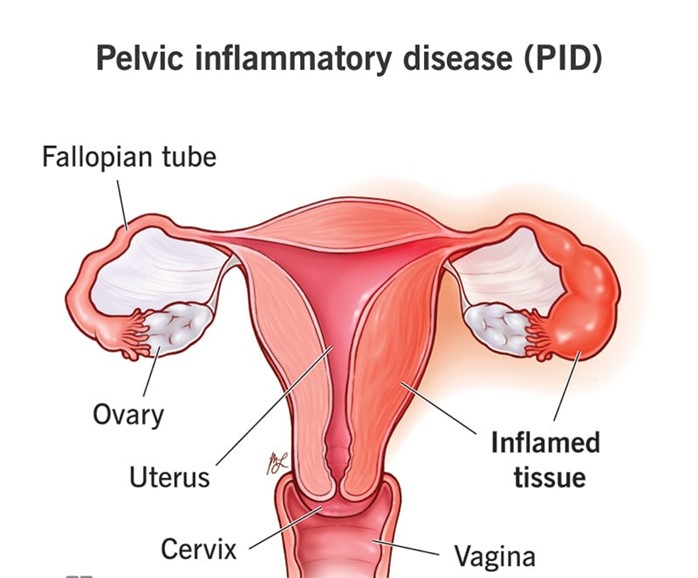A nurse is reinforcing teaching about self-care with a client who has pelvic inflammatory disease. The client does not speak English. Which of the following actions by the nurse is appropriate?
Ask the client's English-speaking family member to translate.
Use a translation dictionary to reinforce the teaching.
Seek assistance from a facility-approved interpreter.
Ask an assistive personnel (AP) who speaks the client's language to serve as an interpreter.
The Correct Answer is C
Choice A: Ask the client's English-speaking family member to translate. This action is not appropriate because it may compromise the accuracy and confidentiality of the information. The family member may not have sufficient medical knowledge or vocabulary to translate correctly or may omit or alter some details due to personal bias or embarrassment.
Choice B: Use a translation dictionary to reinforce the teaching. This action is not appropriate because it may be time-consuming and ineffective. The translation dictionary may not have all the relevant terms or phrases or may provide inaccurate or ambiguous translations. The nurse may also lose the client's attention or interest by relying on the dictionary.
Choice C: Seek assistance from a facility-approved interpreter. This action is appropriate because it ensures the quality and clarity of the communication. The facility-approved interpreter is a professional who has the skills and training to provide accurate and unbiased translation of the information. The interpreter can also facilitate the interaction and feedback between the nurse and the client.
Choice D: Ask an assistive personnel (AP) who speaks the client's language to serve as an interpreter. This action is not appropriate because it may violate the scope of practice and ethical standards of the AP. The AP may not have the qualifications or authority to provide interpretation services or may have a conflict of interest or role confusion with the client. The AP may also have other duties or responsibilities that may interfere with the interpretation process.

Nursing Test Bank
Naxlex Comprehensive Predictor Exams
Related Questions
Correct Answer is ["20"]
Explanation
- To find out how many gtt/min to set for a manual IV infusion, we need to use this formula: gtt/min = (mL/hr x drop factor) / 60
- In this formula, mL/hr is the rate of infusion in milliliters per hour, drop factor is the number of drops per milliliter for a specific IV tubing, and 60 is the number of minutes in an hour.
- We plug in the given values into this formula: gtt/min = (120 mL/hr x 10 gtt/mL) / 60
- We simplify and solve this equation: gtt/min = (1200 gtt/hr) / 60
- We divide both sides by 60: gtt/min = 20 gtt/hr
- We round off to the nearest whole number: gtt/min = **20**
- We add a leading zero if needed: gtt/min = **20**
- We do not add a trailing zero: gtt/min = **20**
Correct Answer is B
Explanation
Choice A: Sexual experience is not the correct answer because it is not related to female reproductive development. Sexual experience is a personal and subjective term that can vary depending on the individual's definition, values, and preferences. It has no biological or physiological significance for female reproductive development.
Choice B: Menstrual period is the correct answer because it is related to female reproductive development. The menstrual period is a cyclic phenomenon that occurs when the endometrium (the lining of the uterus) is shed along with blood and mucus through the vagina. It marks the onset of puberty and fertility in females. Menarche is the term used to describe the first menstrual period in a woman's life.
Choice C: Sign of breast development is not the correct answer because it is not related to female reproductive development. A sign of breast development is a physical change that occurs during puberty in females. It involves the growth and maturation of the mammary glands, which are responsible for producing milk during lactation. However, it does not indicate the start of menstruation or fertility in females.
Whether you are a student looking to ace your exams or a practicing nurse seeking to enhance your expertise , our nursing education contents will empower you with the confidence and competence to make a difference in the lives of patients and become a respected leader in the healthcare field.
Visit Naxlex, invest in your future and unlock endless possibilities with our unparalleled nursing education contents today
Report Wrong Answer on the Current Question
Do you disagree with the answer? If yes, what is your expected answer? Explain.
Kindly be descriptive with the issue you are facing.
